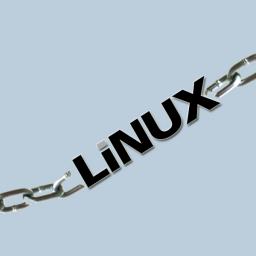
Well, can't blame the guy for asking. Over at ITWorld, Paul Venezia wonders, "
Is it time to split Linux distros in two?"
You can take a Linux installation of nearly any distribution and turn it into a server, then back into a workstation by installing and uninstalling various packages. The OS core remains the same, and the stability and performance will be roughly the same, assuming you tune they system along the way. Those two workloads are very different, however, and as computing power continues to increase, the workloads are diverging even more.
Maybe it's time Linux is split in two. I suggested this possibility last week when discussing systemd (or that FreeBSD could see higher server adoption), but it's more than systemd coming into play here. It's from the bootloader all the way up. The more we see Linux distributions trying to offer chimera-like operating systems that can be a server or a desktop at a whim, the more we tend to see the dilution of both. You can run stock Debian Jessie on your laptop or on a 64-way server. Does it not make sense to concentrate all efforts on one or the other?
There's quite a bit more to his argument than these two paragraphs so read on before pointing out that Linux distros
are already mostly divided into server and desktop focuses.
 Well, can't blame the guy for asking. Over at ITWorld, Paul Venezia wonders, "Is it time to split Linux distros in two?"
Well, can't blame the guy for asking. Over at ITWorld, Paul Venezia wonders, "Is it time to split Linux distros in two?"
:)
Whether systemd is an atrocity or not has exactly no bearing on a misguided notion of splitting up OS development.